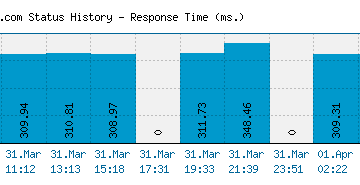The Impact of Martin Fowler on Software Development

Introduction
In the rapidly evolving world of software development, few figures stand out as prominently as Martin Fowler. His contributions span across various aspects of software architecture, design patterns, and agile methodology. As a thought leader, Fowler has significantly influenced both the industry standards and best practices adopted by professionals worldwide. His insights not only shape development practices but also guide teams towards more effective and efficient outcomes. Understanding his work is essential for anyone in the tech community, from seasoned developers to newcomers entering the field.
Career Overview
Martin Fowler began his career as a software developer in the late 1980s, and his first major work was on the software used for embedded systems. He later transitioned into consultancy, helping organisations in their software projects. In 2000, he joined ThoughtWorks, a global software consultancy, where he has played a pivotal role in shaping the company’s approach to development. Fowler has authored several influential books, including ‘Refactoring’, ‘UML Distilled’, and ‘Patterns of Enterprise Application Architecture’, which have become essential reads for practitioners looking to enhance their skills.
Contributions to Agile Methodologies
Fowler is perhaps best known for his advocacy of agile methodologies. He was a signatory of the Agile Manifesto, which laid the groundwork for agile practices in software development. Through his writings and teachings, he has promoted principles such as embracing change, iterative development, and collaboration between cross-functional teams. His insights on the importance of maintaining a strong relationship between business and IT have been particularly impactful, influencing how organisations approach software development projects.
Advocate for Modern Software Practices
In addition to agile methodologies, Fowler has also been a strong advocate for modern software practices such as Continuous Delivery, Microservices, and Domain-Driven Design. His works provide pragmatic guidelines on how to implement these methodologies effectively. Fowler’s blog, which features articles on various topics in software development, is a valuable resource for developers seeking to stay informed about technology trends and best practices. His ability to simplify complex concepts makes his contributions accessible to a wide audience.
Conclusion
Martin Fowler’s influence on the software development landscape is undeniable. His work has not only contributed to the advancement of best practices but has also equipped developers with the tools they need to adapt to an ever-changing industry. As technology continues to evolve, Fowler’s insights will remain integral to shaping the future of software development. For developers and business leaders alike, keeping abreast of Fowler’s work offers a pathway to more effective project outcomes and a deeper understanding of the software engineering process.









